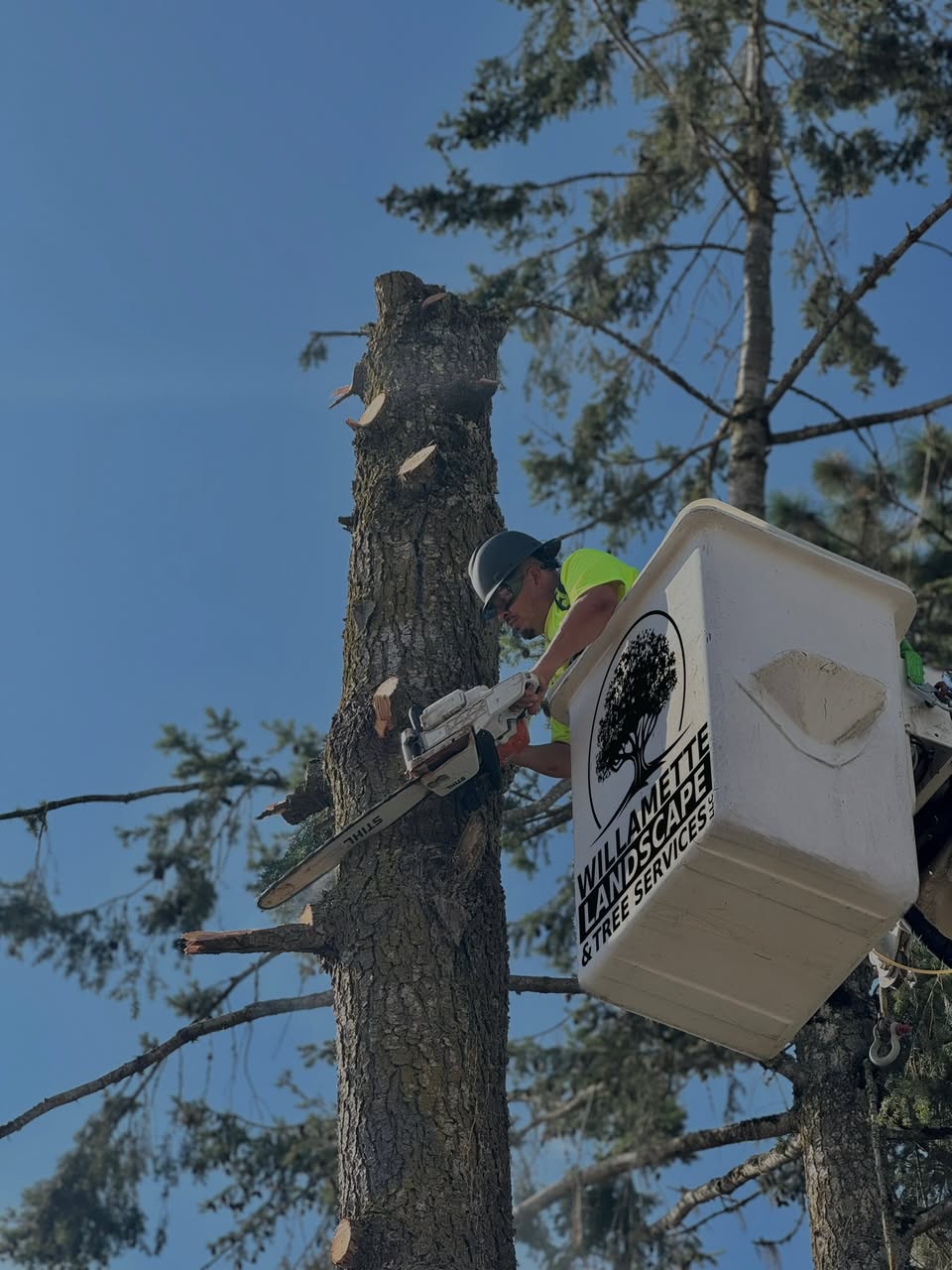
The Benefits of Sustainable Landscaping for Your Home and Community Oct 20, 2025
Sustainable landscaping involves designing and maintaining your outdoor space by prioritizing environmental health, reducing resource consumption, and maximizing ecological benefits. This approach can transform your yard into a thriving ecosystem that supports both native wildlife and personal well-being.
One of the primary benefits of sustainable landscaping is water conservation. In a region like the Willamette Valley, where water resources are precious, efficient water management is crucial. By incorporating drought-resistant plants, native to Oregon’s climate, homeowners can significantly reduce their water usage. These plants are adapted to local conditions and require minimal irrigation, which not only conserves water but also reduces utility bills.
Moreover, sustainable gardens enhance biodiversity. By choosing native plants, you create habitats conducive to local wildlife, including beneficial insects, birds, and pollinators like bees and butterflies. These creatures play a vital role in maintaining ecological balance, helping with pest control and plant pollination, which, in turn, supports a more vibrant and resilient garden.
Energy efficiency is another tangible advantage of sustainable landscaping. Strategically placed trees and shrubs can provide natural shade, reducing the need for air conditioning during hot summer months. In the Willamette Valley, evergreen trees can serve as windbreaks, offering protection from cold winds and lowering heating costs in the winter. This not only saves energy but also contributes to reducing your carbon footprint.
The aesthetic and property value benefits of sustainable landscaping should not be overlooked. A thoughtfully designed landscape enhances curb appeal, making your home more attractive to potential buyers. Sustainable landscapes are seen as a wise investment by homebuyers increasingly concerned with environmental issues. This eco-conscious approach can differentiate your property in a competitive real estate market, potentially increasing its value.
On a community level, sustainable landscaping practices help improve air and soil quality. Plants absorb carbon dioxide and other pollutants, releasing oxygen into the air. The process contributes to cleaner air, which benefits all community residents. Additionally, healthy soils enriched by organic practices can prevent erosion and increase soil fertility, reducing the need for chemical fertilizers.
Community engagement is also fostered through sustainable landscaping. By participating in local initiatives or opting to involve community members in your landscaping endeavors, you help build a network of environmentally-conscious neighbors. This can lead to shared resources, like community composting, and collective efforts in maintaining public green spaces.
Incorporating sustainable practices in your landscaping not only benefits your home but also makes a significant positive impact on the wider community. For residents in the Willamette Valley, working with experts such as Willamette Landscaping and Tree Services can provide the knowledge and skills necessary to implement these strategies effectively. Embracing sustainable landscaping is a commitment to preserving the environment, creating a beautiful and functional outdoor space, and fostering a healthier community. This investment in sustainability is certainly one that pays dividends in multiple forms, from reduced costs to enhanced well-being and environmental protection.
/filters:no_upscale()/media/2dc08ce9-1031-49e1-ab73-d77999c0022e.png)
/filters:no_upscale()/filters:format(webp)/media/f4f841c7-8bbe-4016-8fa1-1f94ea3c20c6.jpeg)